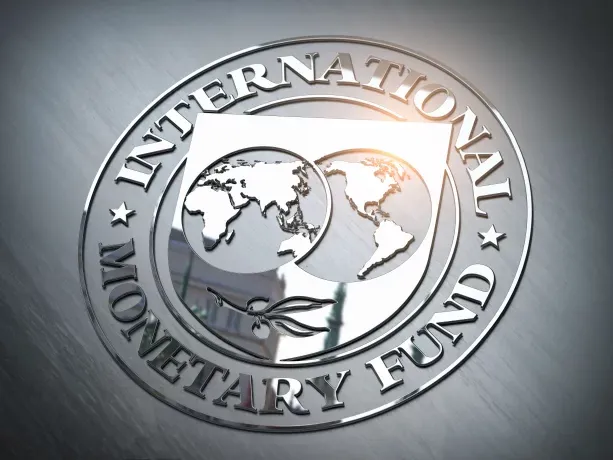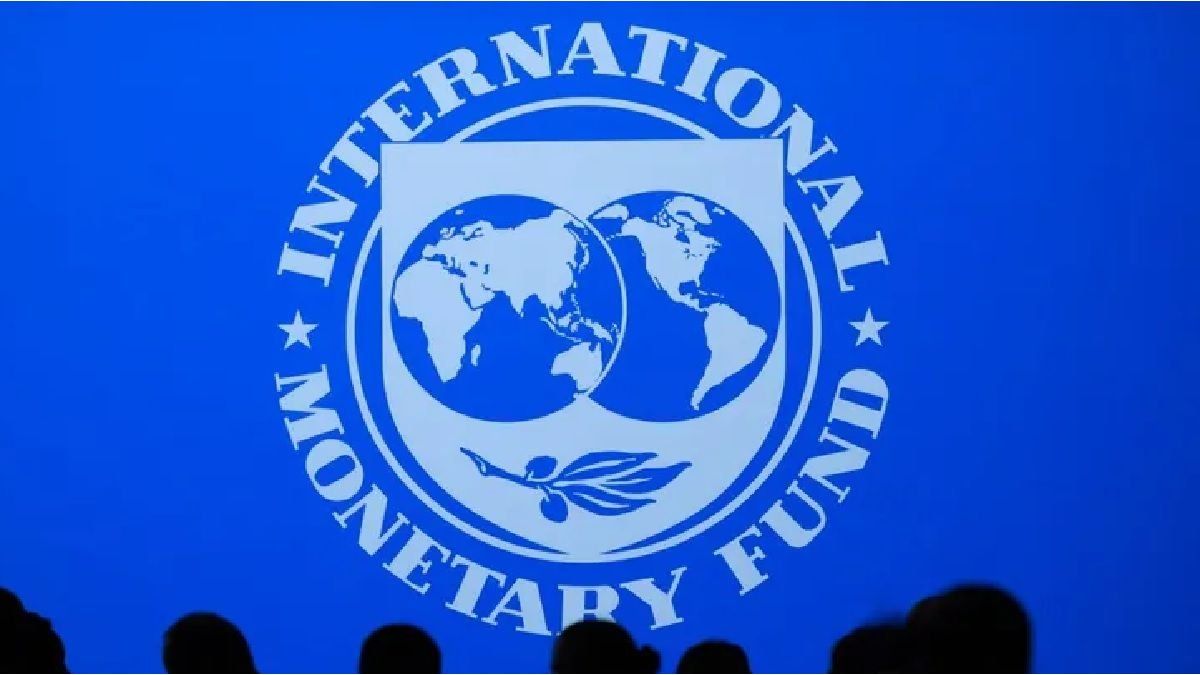Days after the change of government, one of the challenges for the management of the president-elect Javier Milei is the rearrangement of the macroeconomywith focus on inflation. This is how from the IMF They advanced what type of guidelines the economic plan of the new management should have.
“It takes a strong, credible and politically supported stabilization plan to address in a lasting way Argentina’s macroeconomic imbalances and its structural challenges, while, of course, protecting the most vulnerable in society,” he stated this Thursday morning, Julie Kozack, Director of Communications International Monetary Fund (IMF)within the framework of the usual press conference offered by the organization in Washington.
In this sense, and in response to a question about whether the IMF is concerned about the autonomy of the Central Bank, given that the next president of the entity it will be Santiago Bausilipartner of the future economy minister, Luis Caputothe spokesperson insisted: “I think it is fair to say that at this moment we are focused… on a solid, credible and politically supported stabilization plan to address Argentina’s macroeconomic imbalances. And regarding the independence of the Central Bank I point out: “Inflation is, of course, one of those imbalances and requires a strong and credible Central Bank to reduce inflation.”
What the IMF asks of the next government of Javier Milei
Kozakas has been happening, he once again described that “the economic situation in Argentina is challenging and very complex”. In this sense, he stated that “inflation is very high and reserves are extremely low. And this, of course, occurs in the context of very fragile social conditions.”.
rated as “constructive” the meeting of the president-elect Javier Milei with the managing director of the organization, Kristalina Georgieva, which took place last November 24.
Javier Milei Kristalina Georgieva IMF.jpeg
Milei assumes the 10th and must face the central issue of debt.
The official maintained that Milei “underscored his commitment to strengthening public finances, reducing inflation and creating a more prosperous, private sector-led economy.”. At that meeting, of course, they also discussed “the important challenges facing Argentina and the need for decisive political action.”
He added that “of course”Georgieva “reiterated that “The IMF is committed to supporting efforts to lastingly reduce inflation, improve public finances, and increase private-sector-led growth.”.
He recalled that a few days later, on November 28, a team from IMF headed by the first deputy managing director, Gita Gopinathmet in Washington with the future Minister of Economy Caputo and the next chief of staff, Nicolas Posse. He noted that “The discussion focused on better understanding the plans of the incoming authorities to restore urgently macroeconomic stability, as well as its reform plans to boost Argentina’s medium-term growth prospects.”
In this sense, he highlighted that “Positive discussions have continued at a technical level and we hope that our commitment will intensify in the coming period”.
fmi.jpg

Depositphotos
When faced with different questions, including those of Ambit Regarding the future of the program, Kozack said that “I am not going to speculate, except to say that we are committed to the authorities. “Virtual engagements have continued.”
And he concluded by stating that “expects commitments to intensify.”
However, he did not answer questions such as: if the IMF could give an additional loan, if a mission will come in December, if the review corresponding to the last quarter was suspended, among other concerns.
Background
Milei receives an economy with deep imbalances. The estimates of private consulting firms anticipate for the month of November an inflation of around 12%, despite the fact that different prices, such as rates, are delayed. And, much higher for this month.
One of the most urgent fronts is the external one, private estimates show that reserves are negative around 10 billion dollars.
The fiscal problem is one of those that the president-elect will attack first, as he has been pointing out. The year will close with an imbalance of 5% of GDP, according to Econometrica projections.
The public debt, during the presidency of Alberto Fernandez, rose by 106 billion dollars, according to this same consulting firm, reaching 419 billion dollars. It is estimated that the new Government will face public debt maturities for the equivalent of 40.9 billion dollars between December and next April (of which, 10.9 billion are maturities public intrasectormainly against the BCRA).
Debt with the IMF: meetings with Javier Milei’s economic team
Since before the general elections, Fund technicians held informal meetings with the candidates. After the result was known, the conversations became more frequent. Furthermore, it was not yet known that Luis “Toto” Caputo He would occupy the position of Minister of Economy, but there were conversations with the representatives of the organization in charge of Argentina.
Javier Milei’s first contact was then the primary elections; He communicated with the director of the Department for the Western Hemisphere, Rodrigo Valdés, and the deputy director, Luis Cubeddu, in charge of negotiations with Argentina, and told them of his vocation to implement a greater adjustment program than requested within the framework of the current agreement.
Source: Ambito




